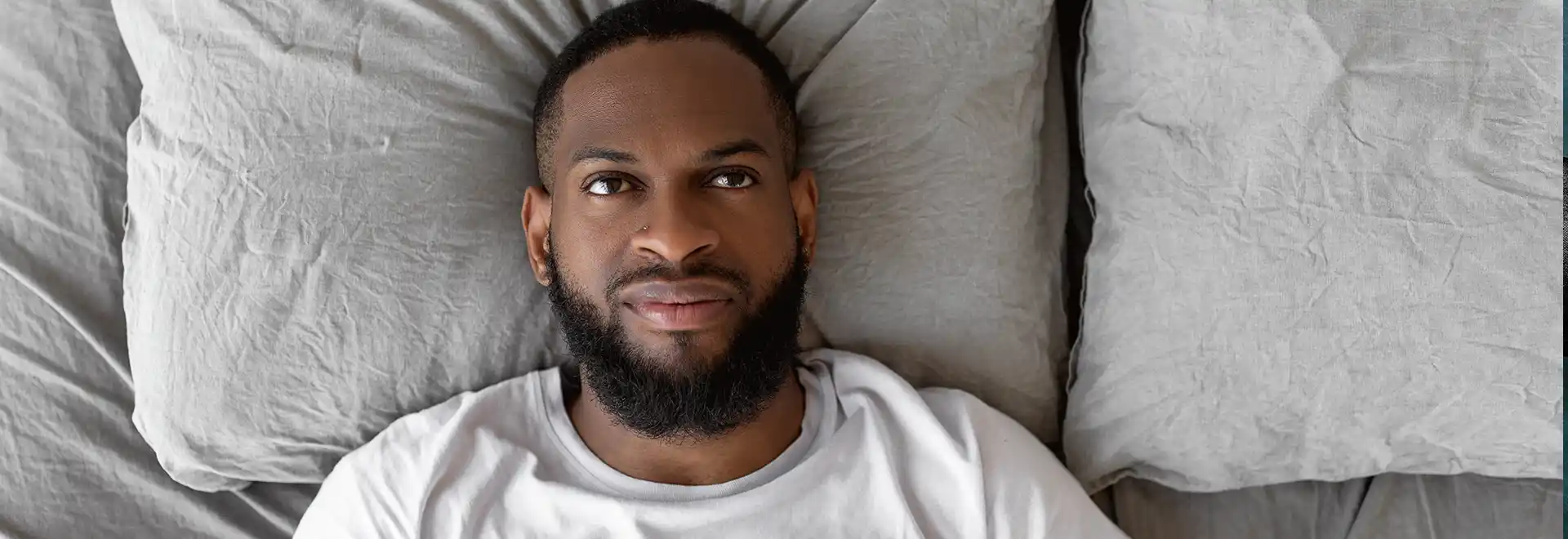
Insomnia and Stress
If not caused by some other medical condition, the inability to get to sleep and to sleep throughout the night may very well be caused by anxiety. Chronic insomnia can have devastating effects leading to difficulty concentrating, depression, troubled relationships, even the worsening of other medical conditions like arthritis or migraine.
What to do?
Of course, removing the cause of the stress will help most people return to a normal sleep patterns. Here again, many benefit from therapy and relaxation techniques. Also found helpful is “light therapy”. Get out during the day, enjoy some sunshine. Protected exposure to sunlight can assist in returning some insomniacs to a normal sleep rhythm when night falls.
Consuming alcohol, smoking and eating just before bedtime may cause some people to awaken during the night. Moderation and good routines will aid restful sleep. Medication may be called for in some instances. But, remember this should be a short term solution. It’s better to get to the root of the problem than risk a troublesome addiction.
Sometimes the best treatment for anxiety and stress is a warm bath, some good music and time to reflect on the good things in life.

Below are some helpful tips for a good night sleep.
Do:
- Go to bed at the same time every night – even weekends
- Wake up at the same time daily
- Use the bed only for sleep (and intimacy) so that your mind associates the bed with sleep
- Develop a bedtime routine that allows 30 – 60 minutes of wind-down time i.e. take a bath, do relaxation, yoga, meditation, aromatherapy, listen to soothing music, etc.
- Exercise daily
- Keep the bedroom cool (not cold or hot) and manage the noise level – consider a white noise machine to block out other noise and/or for soothing comfort
- Try getting sleep interfering problems off your mind by writing your problems down and generating possible solutions at least several hours before bed.
Don’t
- Exercise 2-4 hours before bed
- Consume caffeine in any form after dinner i.e. coffee, tea, chocolate, cola etc.
- Lay in bed for more than 20 minutes while trying to fall asleep – get up, go to a different room, engage in a relaxing activity (read a book or magazine, do a craft, listen to music etc.) . When drowsy, go back to bed and try again to fall asleep. Repeat this process as necessary.
- Engage in stimulating activity before bed i.e. video game, thriller movie, intense discussion etc.
- Take naps – they can interrupt sleep cycle
- Eat dinner or heavy food 2 hours before bed – digestion and/or heartburn can lead to or increase insomnia